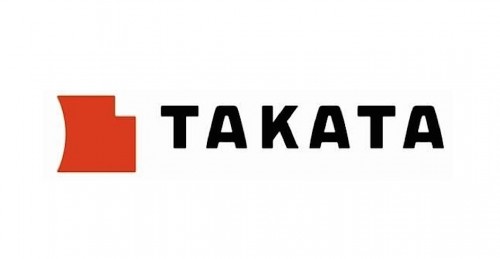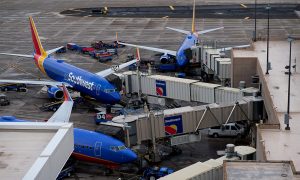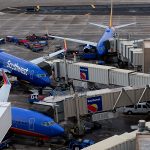Takata, the Japanese auto supplier, agreed on Tuesday to recall 33.8 million defective airbag inflators. It is the largest automotive recall in history.
There’s only one problem. Nobody knows why the inflators are defective.
Said Mark Rosekind, the administrator of the National Highway Traffic Safety Administration, “When are we going to find out? We don’t know. [But] we can’t wait and risk the safety of the American people before we move forward.”
Rosekind says the government doesn’t know if the replacement airbag inflators that are being installed in vehicles made by 11 auto companies are defect free. “But we know they are safer,” Rosekind said as NHTSA announced the recall.
NHTSA and Takata have been sparring for months, and NHTSA has even been fining Takata for refusing to cooperate with its investigation.
Thus far, six people have died and more than 100 injured because the Takata airbags inflate too forcefully. Instead of protecting passengers and drivers in crashes, the airbags are causing more problems.
Originally, Takata argued that the problem happened in Southern states and other places with high humidity. But the airbag situation gained attention after General Motors recalled millions of cars for defective ignition switches.
There are still some big questions to be answered in the Takata situation: how big will the government’s eventual fine be? How many cars eventually will be recalled by the automakers (they’re still in charge of recalls)? And what will happen to Takata’s finances?
For story ideas, find consumers in your area whose vehicles have been recalled. Did any of the deaths or injuries occur where you are? If so, are lawyers suing?










